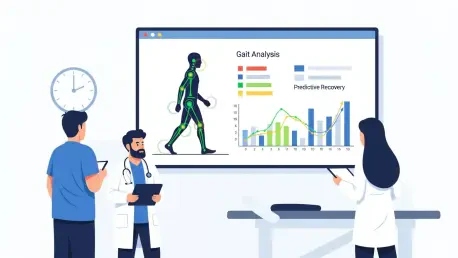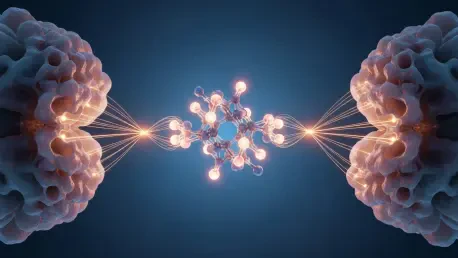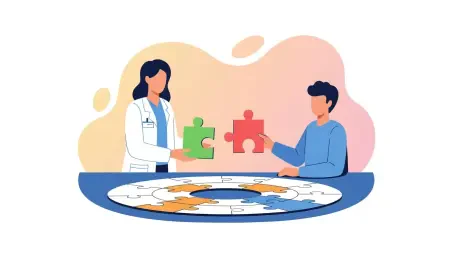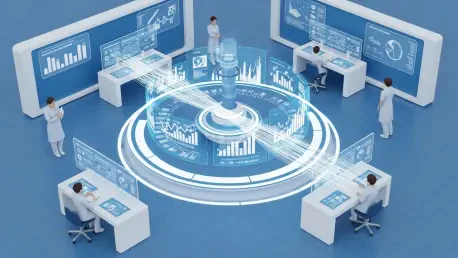
The decision to undergo a total hip replacement, a procedure performed hundreds of thousands of times annually, often comes with an uncertain road to recovery, yet a new wave of artificial intelligence is beginning to chart that path with unprecedented clarity. Predictive AI for surgery represents

The burgeoning market for GLP-1 weight-loss medications created a gold rush for telehealth companies, but for Hims & Hers, a bold move into this lucrative space has rapidly devolved into a multi-front battle with regulators and pharmaceutical giants. The company's recent announcement that it would

With a deep background in biopharmaceutical research and development, Ivan Kairatov has a keen eye for innovations that could reshape how we treat the most challenging cancers. Today, he joins us to discuss a promising new preclinical study on pancreatic ductal adenocarcinoma (PDAC), a notoriously

The quiet aftermath of a traumatic event often conjures images of panicked awakenings and a constant state of high alert, yet for the vast majority of survivors, the most debilitating struggle is a silent, internal battle waged not against terror but against a crushing weight of sorrow and

The integration of artificial intelligence into healthcare has promised to revolutionize diagnostics and patient care, yet a groundbreaking study from the Mount Sinai Health System reveals a critical vulnerability that could undermine this progress. Extensive testing on large language models (LLMs)

The landscape of modern medicine is undergoing a profound transformation, shifting from a reactive model of treating symptoms to a proactive strategy focused on early detection and prevention. This evolution is fueling an unprecedented surge in advanced diagnostic technologies, with whole body